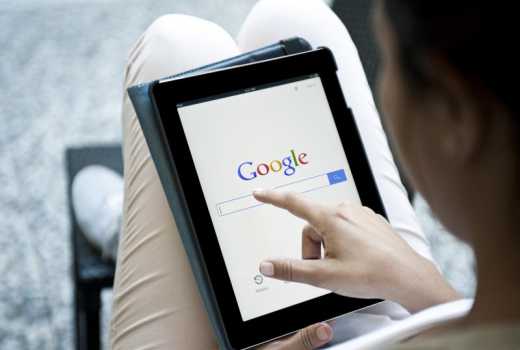×
The Standard e-Paper
Home To Bold Columnists

Two weeks ago, Peterson Irungu was driving home from work when he felt a sharp pain on the left side of his head.
The street lights became blurry. Then he felt waves of nausea, followed by enhanced sense of smell and sensitivity to noise.